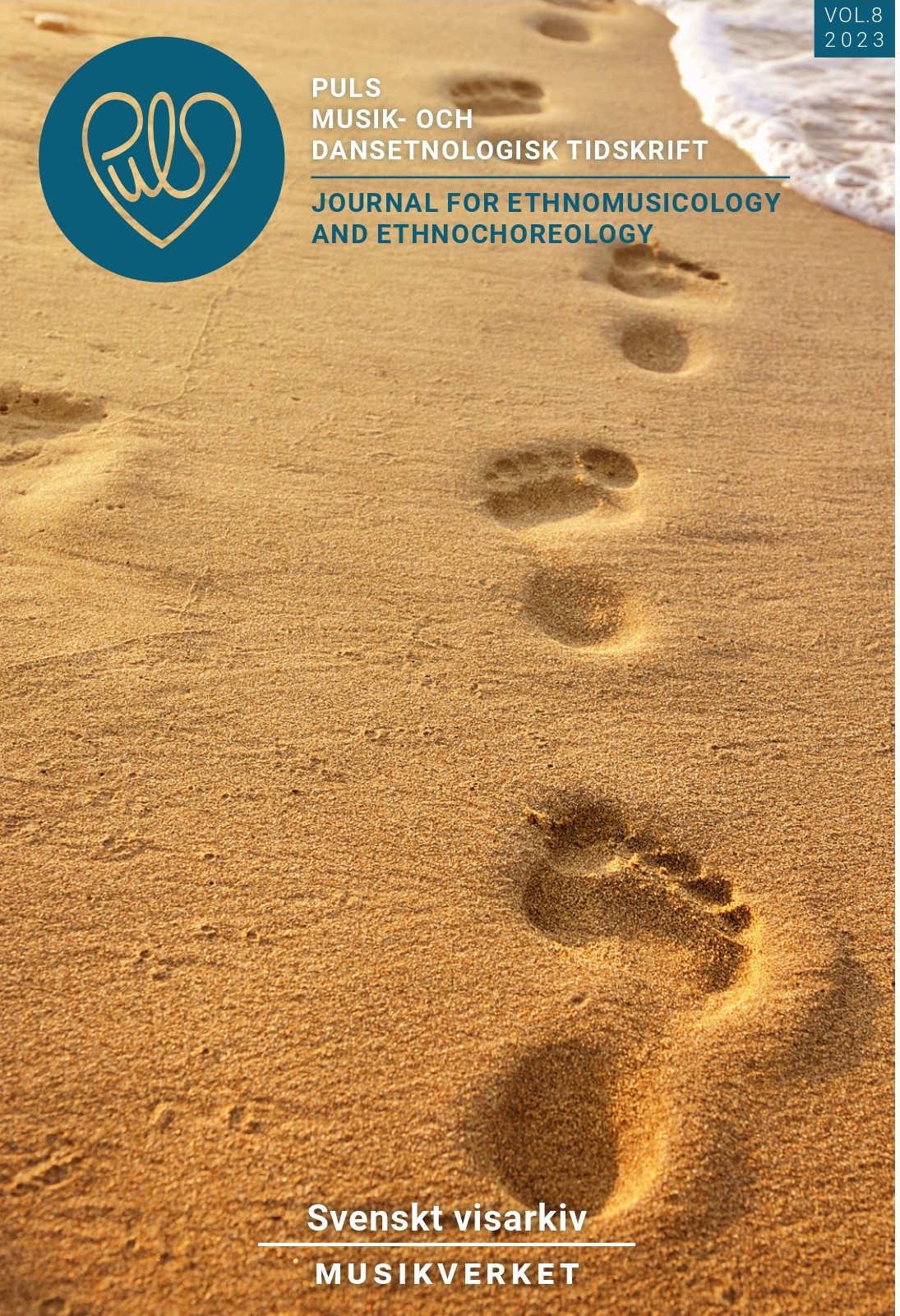“Music kept us alive”
The dynamic of majority–minority recollections and musical remembrance of Terezín
DOI:
https://doi.org/10.62779/puls.v8i.19228Nyckelord:
Terezín, Theresienstadt, Czech Jewry, music, remembrance, collective memoryAbstract
A characteristic feature of post-authoritarian societies (such as the Czech Republic after 1989) is social consolidation, in which a re-construction of collective memory plays an important role. Usually, memories of minorities that have been temporarily silenced are reshaped. While in some cases minorities find their own autonomous voice (e.g. Roma in the CR), in other cases the minority “story” becomes part of the “story” of the majority. This is the case for the recollections of the concentration camp Terezín (Theresienstadt) 1942–45, where Czechoslovak Jews organized a rich cultural and musical life. In the words of one of the survivors – “Music kept us alive”. The article examines the transformation of the “Terezín phenomenon” (primarily its musical life and music production) from an important component of minority musical remembrance to a part of the majority narrative.



